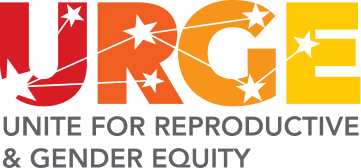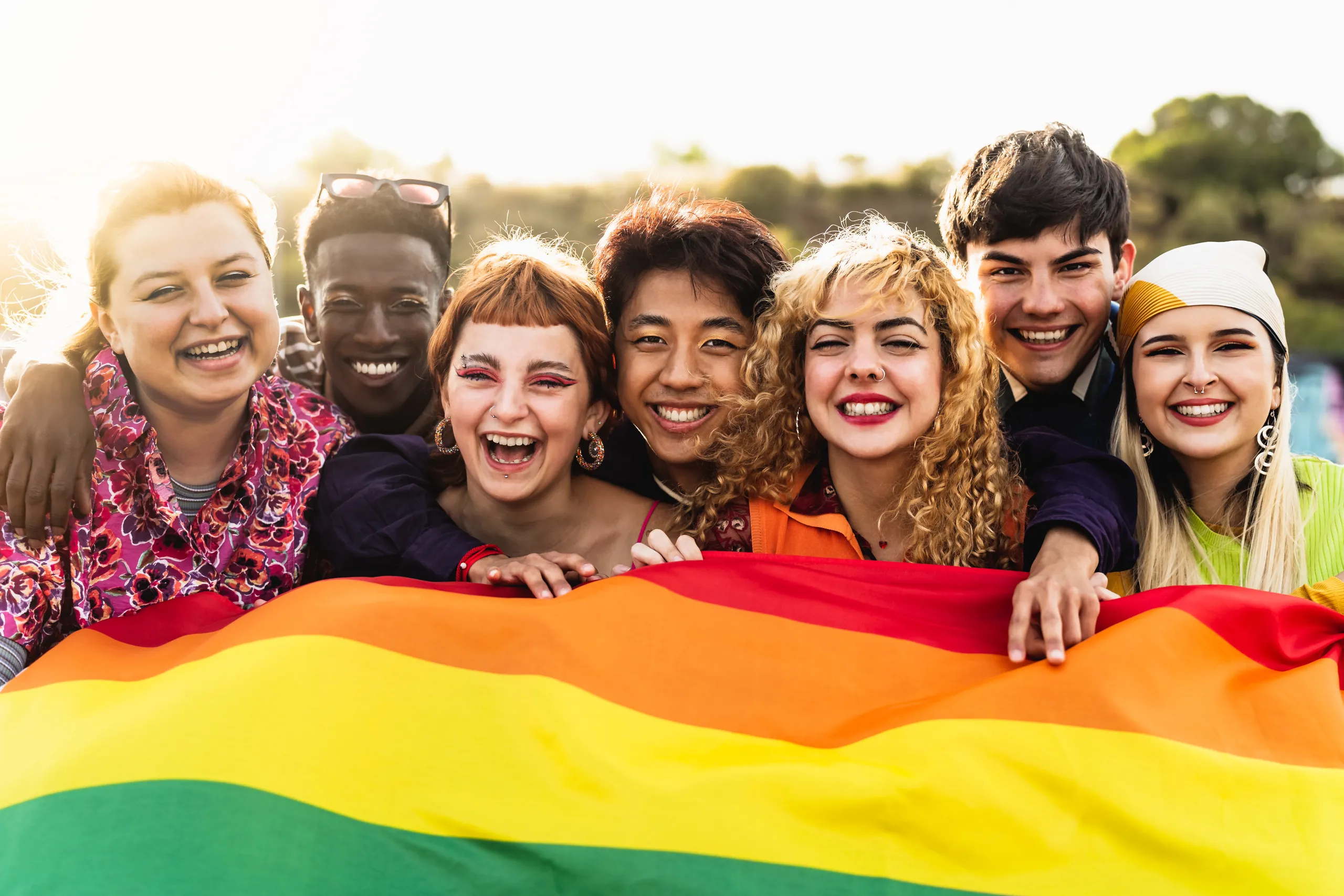
Em-URGE-ing Voices
Your urgent thoughts, urging action.
The Story of Gender Inclusive Housing at Ohio State
Four Things I Learned as a Campus Organizer
Creating an Unbiased Campus Health Environment
Doing More Than Filling the Gaps in Sex-Ed
Can A Buzzfeed Quiz Really Determine Your Privilege?
“Wait…THAT’s What Assault Looks Like?”
Sexual Violence: Men Breaking the Silence
Sexual Harassment in the Lives of Working Students
“But What About False Rape Accusations”: ‘Ally’ Derailment and Gender-Based Sexual Assault
A while back, a dude started coming to the feminist student group that I’m the president of. He was cisgender and heterosexual (cishet). I’ll call him DudeBro 1. Now, while unfortunately, dudes coming to feminist clubs to talk about dismantling the patriarchy isn’t terribly common, it’s not like DudeBro 1 was the first. And at first, he seemed to genuinely be a dude who, despite not knowing much about it, was interested in learning about feminism, gender equity, and so on.
A few weeks after DudeBro 1 started attending meetings, this article featuring alcohol, my campus, the University of Kansas, and sexual assault was released. It rocked my campus pretty hard (you can read my article about it here) and following the release of the article, my feminist group canceled our regularly planned meeting to host a discussion/ranting space about the article instead. We were having a complex, honest conversation about alcohol, sexual assault, and consent when DudeBro 1 spoke up.
“I think this is an great discussion happening, but I think we need to consider other things too, about men. Like what about false rape accusations? Men are falsely accused all the time. The rates are very high.”
I responded. Calmly, but firmly, I informed him that while we recognize that false rape accusations do occur to some men, in a feminist safe space where the topic of the meeting is about the systematic culture of sexual assault and consent transgression on our campus, bringing up false rape accusations is inappropriate. We moved on with our meeting.
A week later, he Facebook messaged me and he 1) accused me of denying false accusations ever happen 2) said I was stupid 3) tried to tell me what the feminist group that he’d attended 3 meetings of ever was about, when I’d been an officer in in for 2 years. We stopped talking. He kept trying to message me on Facebook over the course of several months. Recently, I found out he was charged on two different accounts of sexual harassment. I unfriended him.
A few weeks ago, another cishet dude—I’ll call him DudeBro 2—came to a meeting of ours. Just days later, he was attacking an article in our private Facebook group that a member had posted about enthusiastic consent. And in the course of his attack came the phrase: “But what about false rape accusations?” He was told multiple times that what he was saying was triggering to survivors of sexual assault. He didn’t stop, so I banned him from the Facebook group. He’s now on a crusade to force an apology from me from our faculty advisor, and be let back into the Facebook group. He has not apologized.
I know some very genuine, and good, cisgender and heterosexual men who are allies in action, not just name, concerning gender-based sexual assault activism. And I know some men who are themselves survivors of sexual assault. But I’ve also known a great deal who feel personally offended and attacked when non-cishet men discuss the prevalence of gender-based sexual violence. Theses cishet men feel entitled to try to control conversations about sexual violence. And even when they come into feminist spaces, even when they talk about the gender wage gap, or about the objectification of women, etc. I’ve heard “allies” say “But what about false rape accusations?”
Folks, if you want to find out if a cishet dude is an actual or fake ally to the fighting gender-based sexual violence, the phrase “but what about false rape accusations?” is a great screening process.
I’m not saying false rape accusations never occur. I’m not saying that cishet men have never been falsely accused of rape. And I’m not even saying that it’s not a topic that shouldn’t be discussed in feminist spaces (in fact, it frequently is.)
What I am saying is that false accusations happen at around a rate of 2% to 8% out of all rape accusations. What I’m saying is that these statistics sometimes equate “unfounded” to mean the same as “false” which legally are two very different things. What I’m saying is that individuals are frequently harassed by the police when they try to report, and are intimidated into “admitting” to false rape accusations, like this woman. What I’m saying is that pool of rape allegations that are actually reported to the police are a minority of all rapes—only about 40% of all rapes in fact. What I’m saying is that we live in a culture when anyone who experiences rape—man, woman, otherwise identified—is severely stigmatized.
What I’m saying is that we can talk about false rape accusations—but I won’t call you an ally if you take it out like a weapon to derail conversations about gender-based sexual assault.
This post is a part of a series in honor of Sexual Assault Awareness Month. Read the rest here.

